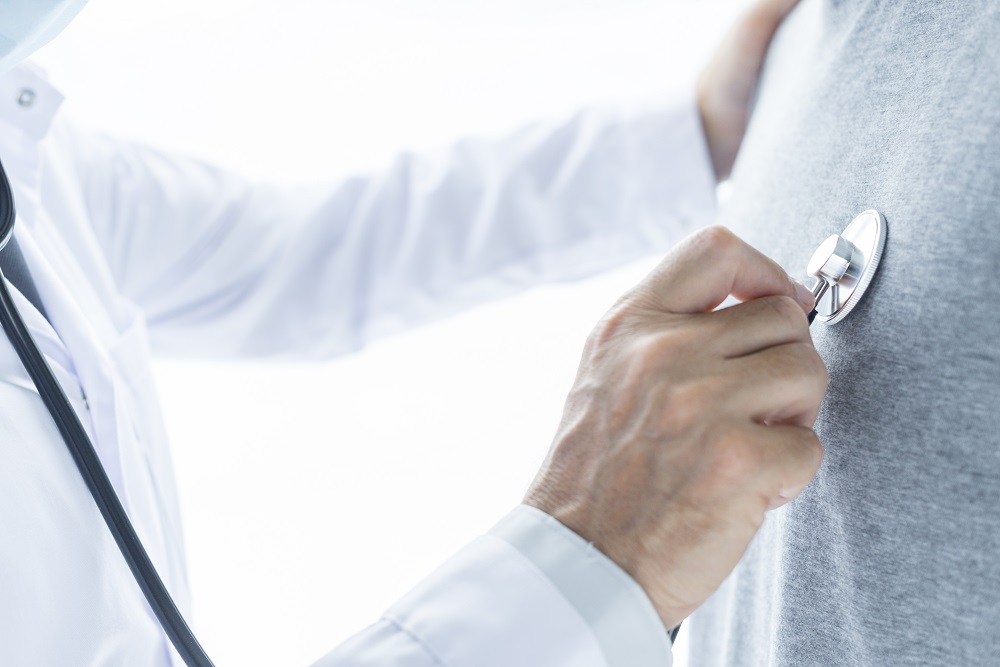Share

LUNG CANCER
By Victoria Healthcare 11 April 2019

The lungs are the organs that do our breathing. They take in and distribute oxygen to your whole body.
Cancer cells are abnormal cells. Cancer cells grow and divide more quickly than healthy cells. Some cancer cells may form growths called tumors. Lung cancer occurs when cells in the lung change to become abnormal. Lung cancer cells may travel through the blood or lymph system to another area or organ in the body. This is called metastasis.
Risk Factors
You are at increased risk for lung cancer if you:
- Smoke
- Breathe in other people’s smoke
- Have contact with asbestos, radon gas or a lot of air pollution
- Have someone in your family who had lung cancer
Signs
Early lung cancer often causes no signs until late stages. See your doctor if you have any of these signs:
- Cough that does not go away
- Coughing up blood
- Shortness of breath
- Wheezing
- Loss of appetite and weight loss
- Feeling very tired
Types of Lung Cancer
There are 2 main types of lung cancer. Each type grows and spreads but are treated differently.
- Non-Small Cell Lung Cancer– This is the most common type of lung cancer. It grows and spreads more slowly.
- Small Cell Lung Cancer– This type of lung cancer grows and spreads more quickly
Your Care
Your doctor will give you a physical exam and look at your lungs with tests such as:
- A chest x-ray
- Computerized Tomography (CT) scan
- Magnetic Resonance Image (MRI)
- Positron Emission Tomography (PET) scan
Also, you may have a biopsy done. Tiny samples of the tumor called a biopsy are taken to find out if a suspicious area on a study may be cancer. It also reveals what type of lung cancer is present. This information will help your doctor plan your treatment. Treatment options will be discussed with you.
Common treatments include:
- Surgery to remove the tumor and nearby tissue
- Raiation therapy to destroy cancer cells
- Chemotherapy medicines to destroy cancer cells
- A combination of these treatments
Source: healthinfotranslations.org


